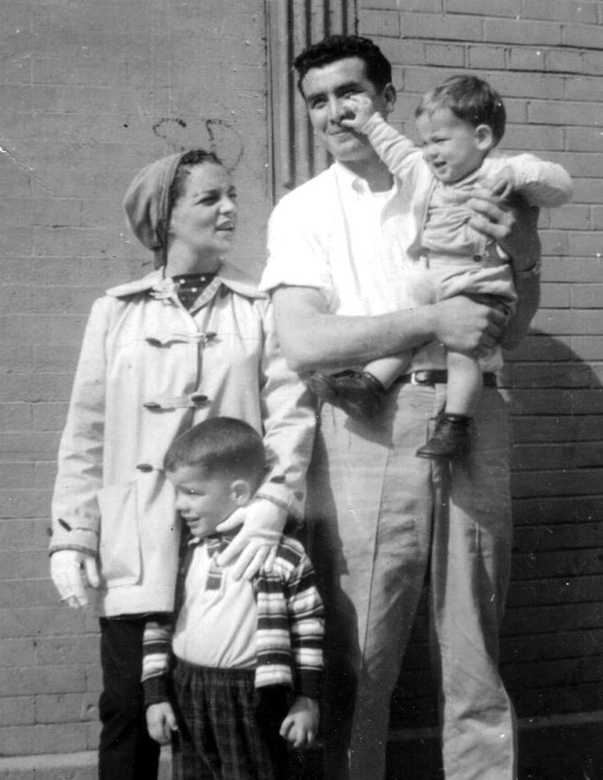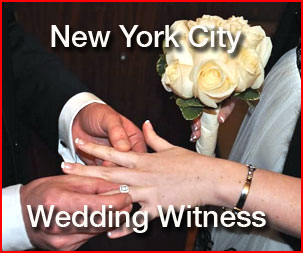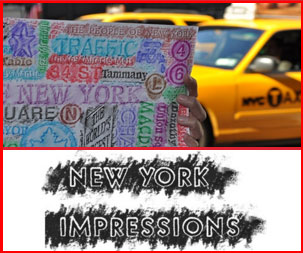The midnight heat created a film of sweat between me and my underwear. I couldn’t take it. I began dragging my mattress toward my parent’s bedroom.
With my mattress pulled around me, I squeezed through their doorway. There was no door, just a sheet tacked over the threshold. My father’s grunts and moans drowned out the other sound in the room—the hum of our family’s first air conditioner. Rory had already made his way to our parent’s bedroom earlier in the night, and he had stuffed his mattress in the small space between the dresser and the wall. I laid mine perpendicularly over the bottom of his and made a mattress sandwich.
Once in place, four bugs in a rug, the curtain rose on our summer passion play. Rory bellowed, “Good night, Momma. Good night, Dada. Good night, Thommm.”
I answered in a lower tone: “Good nigh, Ma, good nigh, Da and good nigh, Rorio.” Then I went high: “Rorio, Rorio, where art thou Rorio?”
Dad said, “Everyone shut up or get back to your own bedroom!”
After a spell, a slow, steady Whistle While You Work rose from the ashes of the silence. It had momentum and an additional participant: Mom entered the studio and stepped up to the mike, her hand cupped to her ear. We were a trio in song, in tune, in danger. Through the shadows we watched Dad squirm under the covers. He was a plutonium heap and fusion was imminent.
Mom, Rory, and I moved onto another tune, singing loud with pride, Pack up your troubles in your old kit bag and smile, smile, smile! As the song hit its second verse, the negative energy in the room imploded and turned into vapor as Dad’s anger transformed into sweet nostalgia. We began our sentimental journey.
World War I tunes, World War II tunes—give my father a war, and he gave you a tune. Civil War? When Johnny Comes Marching Home. Revolutionary War? Yankee Doodle. Crimean War? OK, no song here, but you could see his eyes calculating. He found nothing more intoxicating than footage of grey battleships rolling over the cold Atlantic waves—the World at War documentary series. And it wasn’t just war and music that was nostalgic in our house. As a child, I thought Warner Brothers was the government—their films played around the clock on our TV. I knew who Edith Head was before my first communion. James Cagney surfaced on our tube more than the latest edition of Pravda in Moscow.
There was good reason for all this nostalgia. My father’s emotional development was stunted as a young man. In 1945, he was hanging over the mezzanine at the Paramount Theatre, dreamily swaying side-to-side while listening to the Artie Shaw Orchestra. In mid-swoon, while admiring his new suit, Dad flipped over the railing and landed headfirst on an usher flirting with a floozy in the tenth row. Luckily, neither was killed. Both bleeding, they were taken to Polyclinic Hospital for stitches and x-rays. Dad begged the theatre manager for a rain check as the medics led him through the lobby. Dad sustained permanent injury that became apparent as the years unfolded. He no longer could make decisions or form opinions about things that took place after 1945.
And so, on that hot summer night, we soared and dove through nostalgia and song in that dark chilled bedroom like never before. Eventually all the lines were lost to exhaustion except for Pack up your troubles in your old kit bag and smile, smile, smile. The four of us skipped arm-in-arm out of that last scene of that last reel as the credits rolled across our dusty pants.
 Thomas Pryor has been featured on A Prairie Home Companion and This American Life, and his work has appeared in the New York Times. He curates City Stories: Stoops to Nuts, a storytelling show at the Cornelia Street Café on the second Tuesday of the month (next one September 11th). Check out his blog Yorkville: Stoops to Nuts.
Thomas Pryor has been featured on A Prairie Home Companion and This American Life, and his work has appeared in the New York Times. He curates City Stories: Stoops to Nuts, a storytelling show at the Cornelia Street Café on the second Tuesday of the month (next one September 11th). Check out his blog Yorkville: Stoops to Nuts.












Dennis John Ferado
Outstanding!!
tommy
Thank you, Denny.